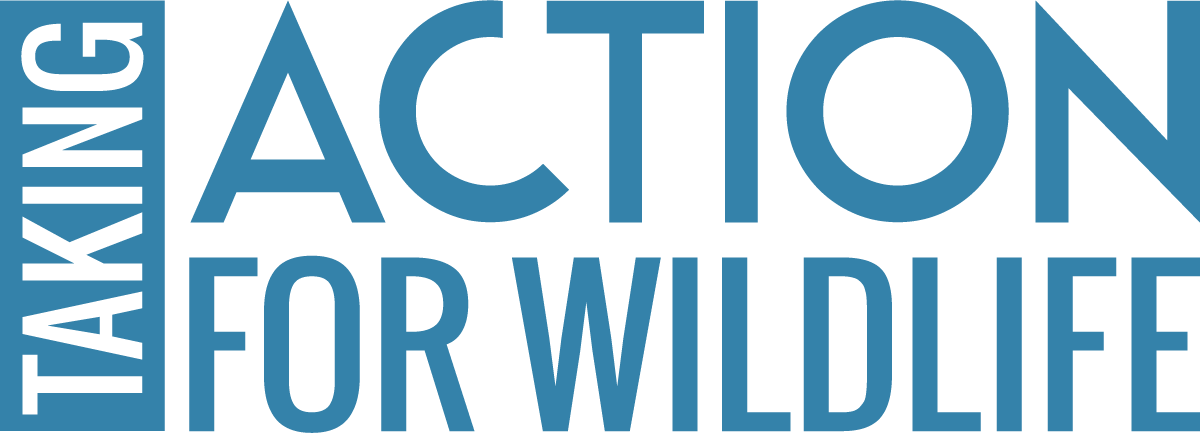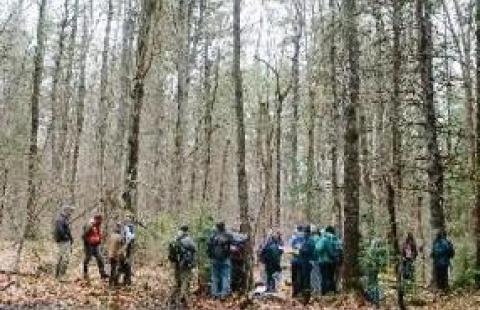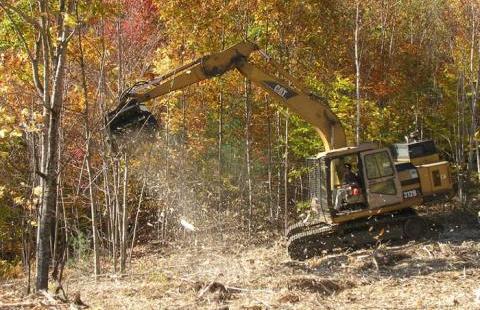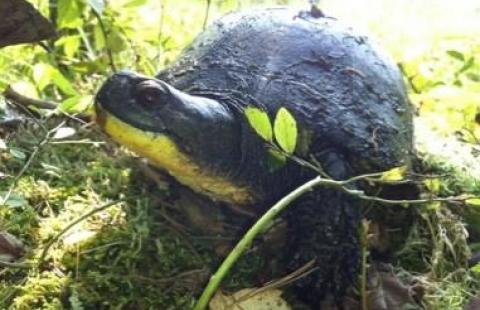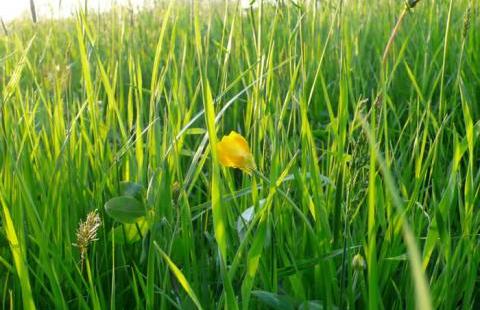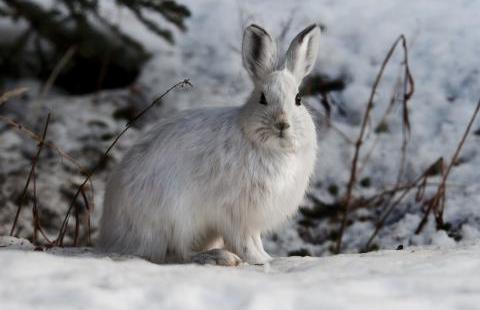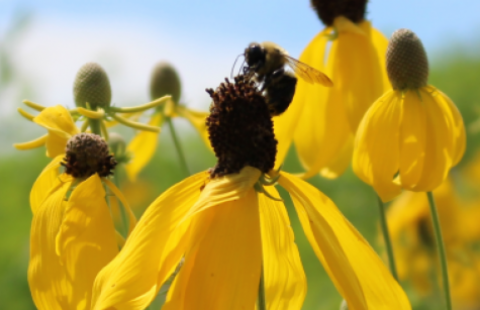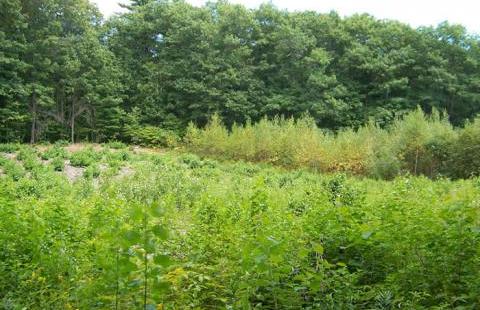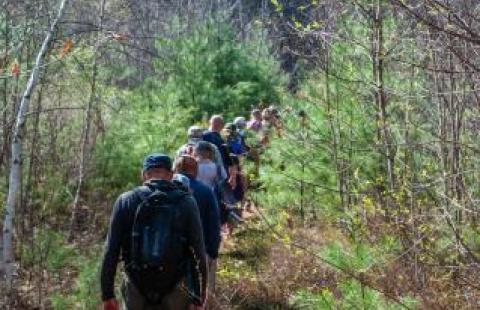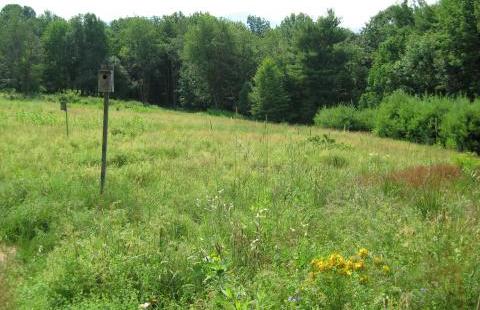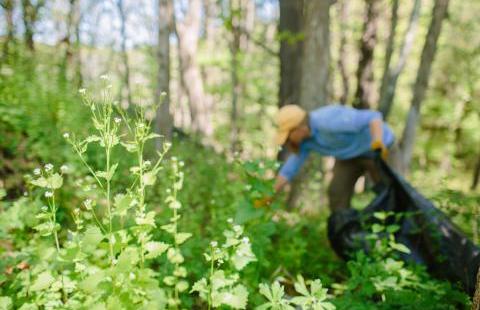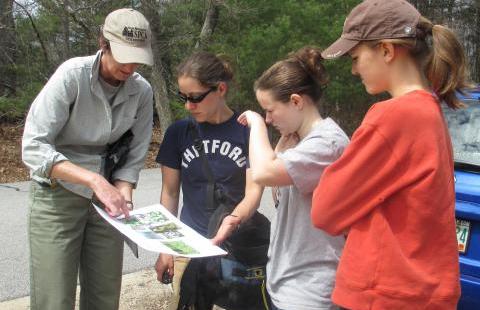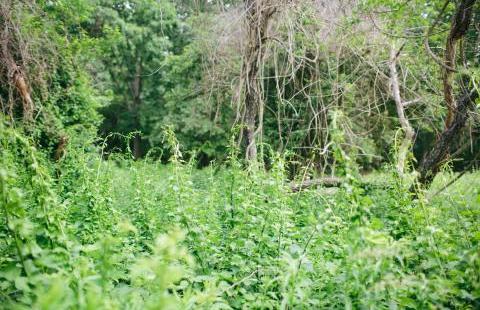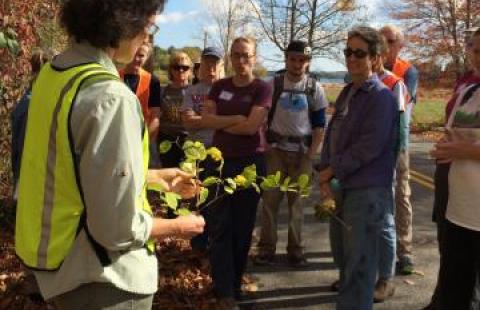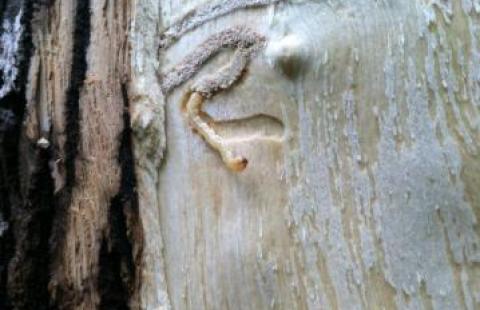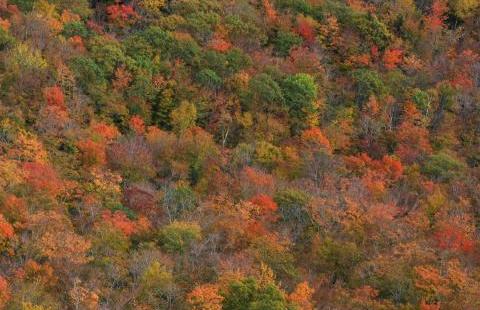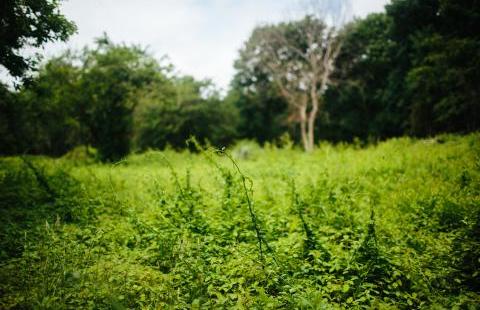Read about how other individuals, communities, and conservation groups have used conservation planning, natural resource inventories, habitat manageme...
Learn More
Some habitats require disturbances to maintain their unique characteristics. Sometimes these disturbances occur naturally, but sometimes we can manage...
Learn More
Through NH Wildlife Sightings, professionals and other citizens can report their wildlife observations.
Learn More
If it's appropriate for your land, managing grassland habitats will greatly benefit the wildlife in your area.
Learn More
Vegetated buffers next to rivers and wetlands provide important habitat for wildlife, along with many other benefits, such as protecting water quality...
Learn More
Climate change is throwing a number of curveballs at NH's wildlife. While rising temperatures often get the most attention, we're also seein...
Learn More
One thing everyone can do to support local pollinators is plant pollinator-friendly gardens - diverse groups of native flowers that will provide a ran...
Learn More
Shrubland habitats are used by over 100 species of wildlife in NH and are critically important to many.
Learn More
NH Coverts volunteers are landowners, local decision-makers, teachers, business people, writers, retirees — anyone who wants to help wildlife in New H...
Learn More
Farmland provides biological diversity in the landscape, benefiting a number of wildlife species. Farmers can adapt agricultural practices to increase...
Learn More
A great way to learn how to recognize and control invasive plants is to become a volunteer yourself. For many of us, hands-on learning is a great way ...
Learn More
Managing habitat for wildlife can require some out-of-pocket expenses for landowners. The good news is that programs exist to off-set costs.
Learn More
You can use a program called EDDMapS (Early Detection and Distribution Mapping System) on your computer, smartphone or tablet to map invasive plants a...
Learn More
Many familiar plants in our gardens, fields, and along roadsides are not native to New Hampshire. While the majority cause no harm to natural habitat ...
Learn More
Invasive plants pose a serious threat to our native habitats and wildlife. One of the best things you can do to help stop the spread of invasive plant...
Learn More
Many people are not aware of invasive species or the potential problems they create. Helping to educate others about invasives increases the number of...
Learn More
Invasive insects and diseases can have devastating impacts on the managed and natural environments into which they are introduced.
Learn More
While there has been a regional focus on the lack of and need to create young, early-successional habitat in recent years, there is also recognition a...
Learn More
Invasive plants often take over places where soils or existing plants have been disturbed – sites like field edges, abandoned farms, roadsides, or at ...
Learn More
Volunteers throughout New Hampshire help to monitor and protect the water quality of our rivers, streams, and lakes. You can get involved to help coll...
Learn More

